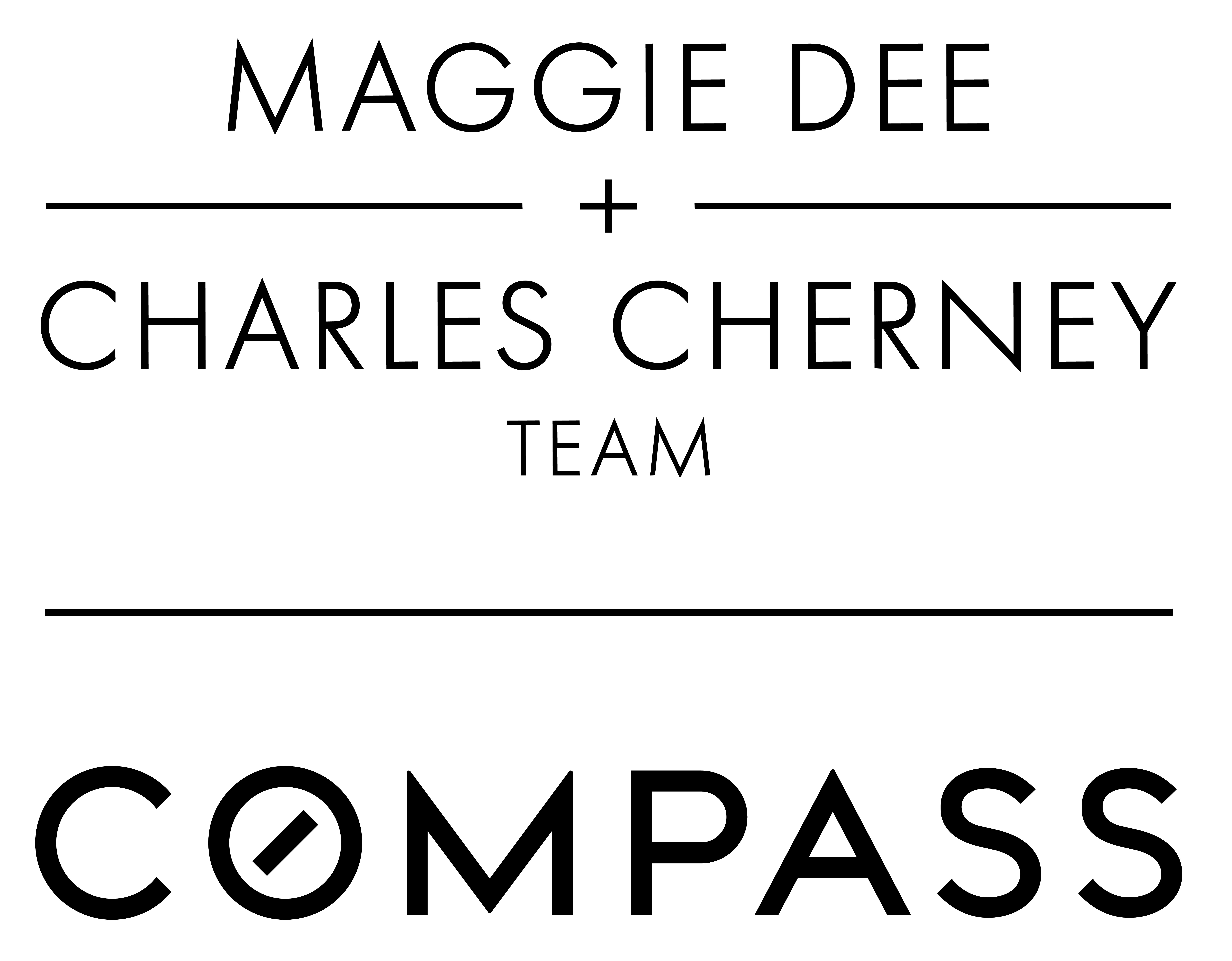What is an Escalation Clause?
What is an escalation clause?
The short answer is that an escalation clause, sometimes called an escalator, is a clause included in an offer where the prospective buyer states that they will pay X amount more than another bona fide offer.
The Cambridge and Somerville market has been hot, hot, hot since the middle of 2012. The average sale price in both Cambridge and Somerville is over the asking price. Multiple offers on a property for sale in Cambridge or Somerville is fairly common. And now and again, an offer with an escalation clause is presented.
To help make it easier to understand the concept of an escalation clause, consider the following example of an escalation clause addendum in a written offer:

In this escalation clause example, the potential buyer is indicating that they will increase their offer by $5,000 above any written bona fide offer that is higher than their own, with a maximum sale price of $545,000. To flesh out this example, consider the following:
• Let's say the property is 123 Main Street and the list price is $500,000.
• 123 Main Street receives multiple offers.
• A prospective buyer for 123 Main Street bids $530,000 and includes the escalation clause above, indicating they will increase their offer by $5,000 above any written bona fide offer that is higher than their own offer ($530,000), not to exceed a purchase purchase price of $545,000.
Say the Seller of 123 Main Street receives a higher written bona fide offer for $532,000. The escalation clause would then kick in, taking this offer for $530,000 to $537,000.
It's worth noting that this particular escalation clause includes a YES/NO choice for the prospective buyer to indicate whether they will proceed with the Contract without regard to the amount of the appraised valuation. Interesting! In this example the prospective buyer has selected NO, indicating that the appraised valuation does matter for this prospective buyer. This likely means that this prospective buyer does not have additional money to put down for a larger downpayment, in the event that the property appraises for less than the purchase price and the lender is only willing to approve a loan for a percentage of the (lower) appraised value rather than for a percentage of the (higher) agreed upon purchase price. It is unusual for an escalation clause to be this detailed. That being said, everyone involved in the transaction ought to be thinking about what the prospective buyer will do if the property appraises for less than the agreed upon purchase price. If the property does appraise for less than the purchase price, then for the deal to survive a) the Buyer is going to have to make a larger downpayment or b) the Seller is going to have to reduce the purchase price or c) some combination of a and b. Of course, this presupposes we are talking about an offer with a mortgage contingency. If this is a cash offer, we are not having this discussion at all because the Buyer has the money - the cash - to complete the purchase without a loan. Make sense?
Some listing agents and some Sellers do not like offers with escalation clauses. Indeed, some listing agents even post on the property listing in MLS that the Sellers do not want to review offers with escalation clauses. If you are considering using an escalation clause, you are likely not helping your cause if the listing agent has made known Sellers do not want to review offers with escalation clauses and you present an offer with an escalation clause.
As a top agent in Cambridge and Somerville, I have seen my fair share of escalation clauses over the years. At the present time, I am finding it is taking the best offer a prospective buyer can make for the prospective buyer to have a shot at winning a property in a multiple offer situation. That being said, an escalation clause is something to be aware of and to contemplate. An experienced agent can offer guidance on this topic. Get the guidance you need.




